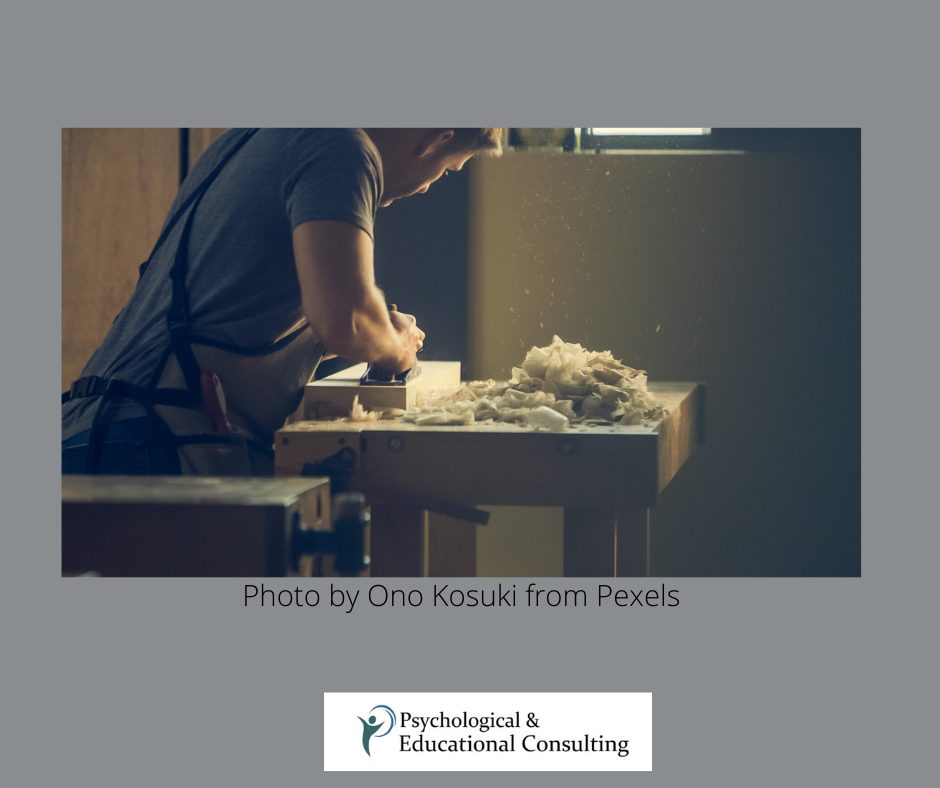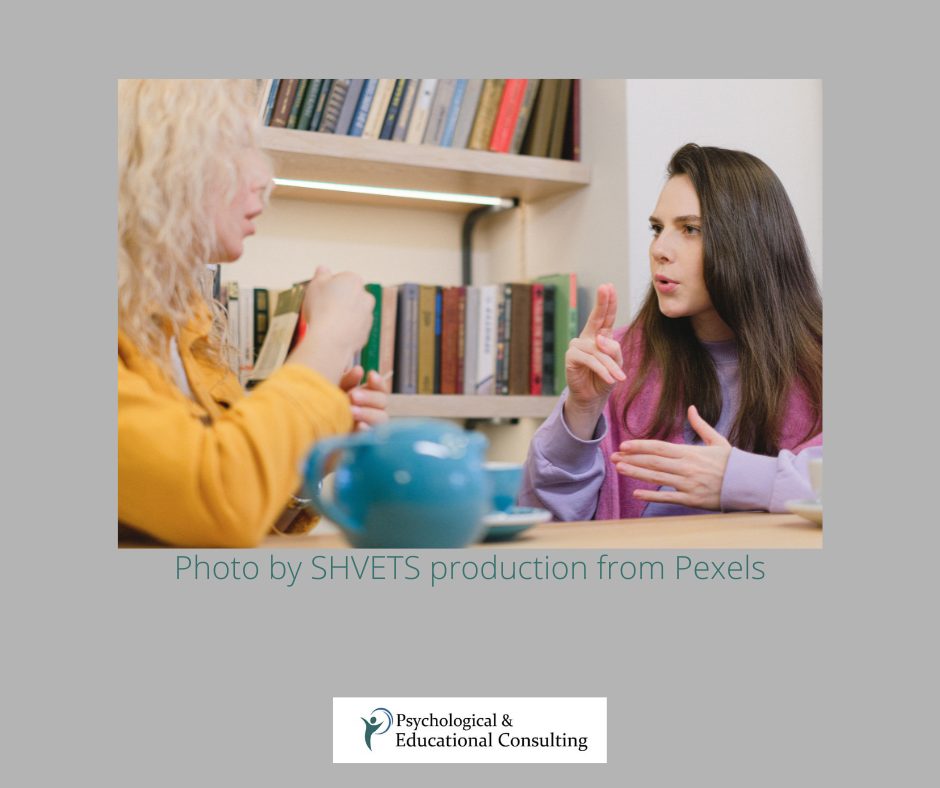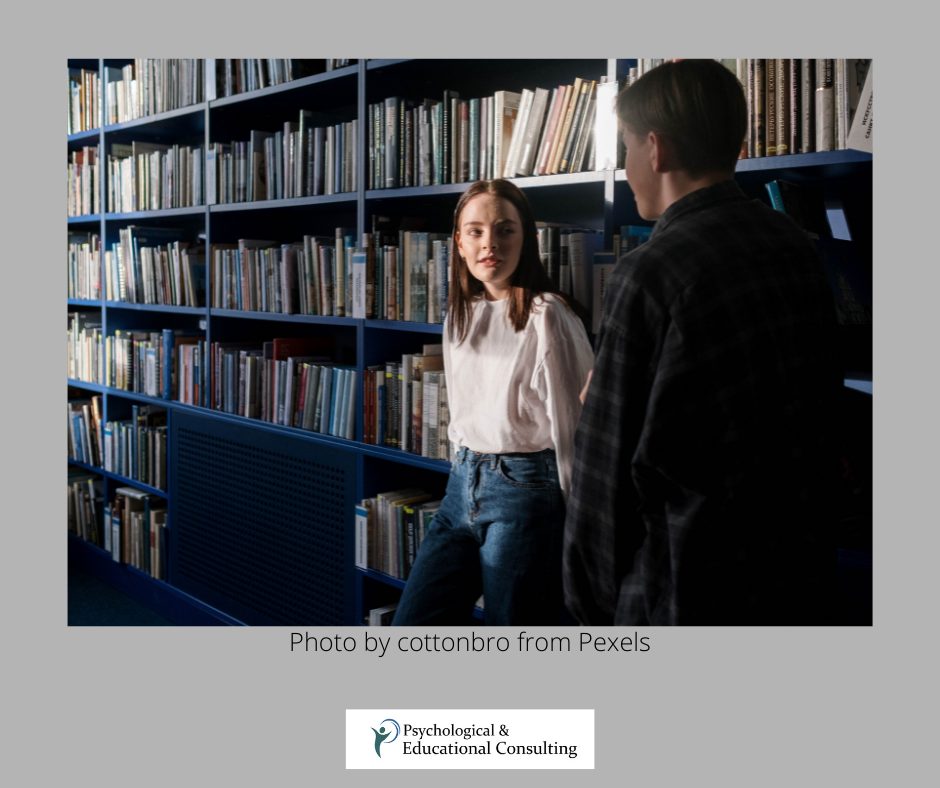Building Resilience in Teens
written by Ken Ginsburg, posted on parent and teen
Building Resilience
Our parental instincts drive us to protect our children. Given a choice we’d bubble wrap them. But we can’t. We can, however, prepare them to navigate the world. We can support them to develop the character strengths and human connections that allow them to thrive in good times and rebound (maybe even grow) in challenging times. In other words, we can build their resilience.
No Bubble Wrap Needed
Resilience is better than bubble wrap because it is about developing internal strength rather than relying on an external shield. Think of resilience as a process of bouncing back — of rising above adversity. And to do so ideally, with lessons that enable you to better handle the next bump in the road.
It is a mistake, however, to only think of resilience as something that enables us to respond to adversity. The very same characteristics that allow someone to rebound from difficult times will position them to get the most out of life. We want our children to become their best selves, to experience healthy relationships, to make their unique contributions to our communities — to succeed.










